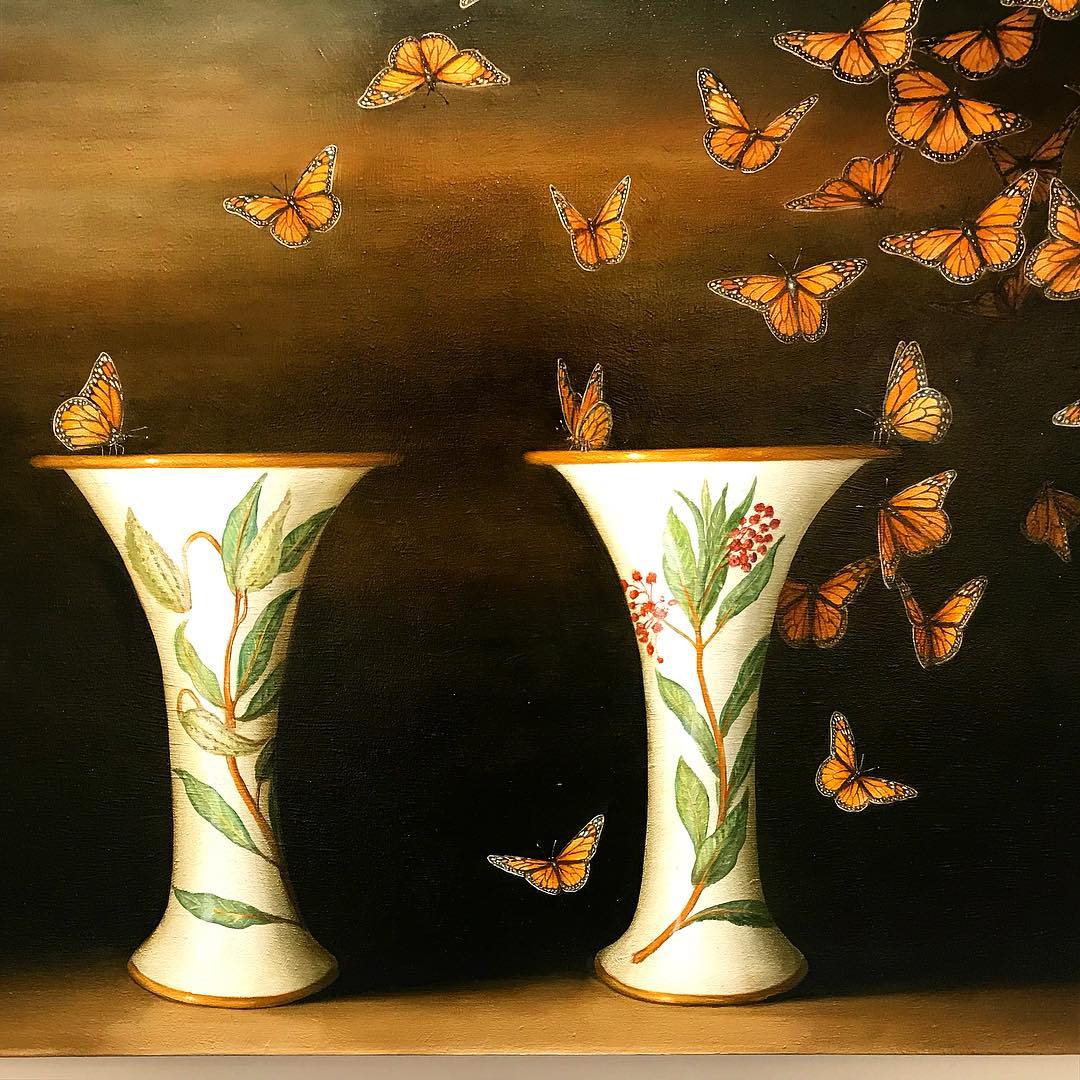 I see the appeal of taking a year off to sleep, just to sleep. Nothing but slumber. As many hours of the day as possible.
I see the appeal of taking a year off to sleep, just to sleep. Nothing but slumber. As many hours of the day as possible.
When I was a kid, I asked my Dad what his favorite thing to do was. "Sleep," he replied. Perhaps he was just tired that day, who knows? But 40 years later, I feel this. Tremendously.
If the deep slumber of a single night (and perhaps much of the following day) offers both peace and renewal, then certainly a year's worth of solid (chemically-assisted) sleep would constitute a complete rebirth of sorts, right?
So goes the line of reasoning that propels the protagonist in Ottessa Moshfegh's "My Year of Rest and Relaxation." She quits her job, barricades herself in her NYC apartment, finds herself a prescription-happy shrink, all with the full intent of sleeping through an entire year and emerging as an entirely new person.
“Oh, sleep! Nothing else could ever bring me such pleasure, such freedom, the power to feel and move and think and imagine, safe from the miseries of my waking consciousness,” the unnamed 26 year old Columbia grad tells us. “My hibernation was self-preservational. I thought it was going to save my life.”
![]()
Quotes and Notes
“A lot of psychic diseases get passed around in confined public spaces. I sense your mind is too porous.”
“Education is directly proportional to anxiety, as you’ve probably learned, having gone to Columbia.”
“I thought life would be more tolerable, if my brain were slower to condemn the world around me.”
“I took a Polaroid of her one night, and stuck it into the frame of the mirror in the living room. Riva thought it was a loving gesture but the photo was really meant as a reminder of how little I enjoyed her company.”
“Nothing hurt Reva more than effortless beauty.”
“Tall, big shoulders, white button-down shirt, blue tie, face so nondescript, so boring, he may as well have been molded out of plastic.”
“We’d been friends since college, long enough that all we had left in common was our history together.”
“The bodega coffee was working class coffee, coffee for doormen, and delivery men and handymen and bus boys and housekeepers.”
“Walking up First Avenue, everything made me cringe. I was like a baby being born. The air hurt. The light hurt. The details of the world seemed garish and hostile.”
“Reality detached itself, and appeared in my mind as casually as a movie, or a dream. It was easy to ignore things that didn’t concern me.”
“Trevor would be very pleased to spend a night at my apartment, on East 84th Street, earning back all the bravado he’d lost in his last affair.”
“This was how I knew the sleep was having an effect. I was growing less and less attached to life. If I kept going, I thought, I’d disappear completely, then reappear in some new form. This was my hope.”

“‘You must have a callus on your cortex,’ Dr. Tuttle said, clucking her tongue. ‘Not figuratively. Not literally, I mean. I’m saying, parenthetically.’ She held up her hands and cupped them side-by-side to demonstrate the punctuation.”
“Reva mistook my sigh of frustration for an expulsion of buried sadness.”
“As her father tried to contain the flakes of pastry on his chest, the women got up and came at him, flicking the crumbs from his sweater onto their plates while he protested.”
“I could make a case for my mother’s rejection of domesticity as some kind of feminist assertion of her right to leisure. But I actually think that she refused to cook and clean because she felt that doing so would cement her failure as a beauty queen.”
“Hell was the only destination she ever used in her metaphors.”
“I remember one afternoon, she came out of her room and walked past me, where I lay in the floor, sobbing. She went to the kitchen, wrote a check for the housekeeper, took a bottle of vodka from the freezer, told me to turn down the television, and went back to her room.”
“Rejection, I have found, can be the only antidote to delusion.”
“My blind eye was the one real comfort I felt I could give her.”
“She couldn’t finish her sentence. She had no threats to make. She was too afraid of her own rage to ever imagine it through to any violent end.”
“I had to admit that it was a comfort to have Reva there. She was just as good as a VCR, I thought. The cadence of her speech was as familiar and predictable as the audio from any movie I’d watched 100 times.”
“The cop had some kind of disorder that made it hard for him to moderate the volume of his own voice.”
“The art world had turned out to be like the stock market, a reflection of political trends and the persuasions of capitalism, fueled by greed and gossip and cocaine.”
“A beautiful fish in a man-made pool, circling and circling, surviving the tedium only because my memory can contain only what is imprinted on the last few minutes of my life.”
“Picasso was right to start painting the dreary and dejected, the blues ... But these painters of fruit thought only of their own mortality, as though the beauty of their work would somehow smooth their fear of death.”
More on the book here.
